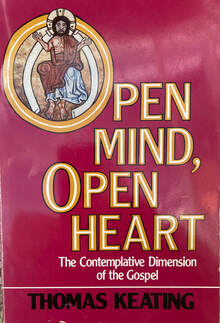
I read this one-liner in Open Mind, Open Heart, by Thomas Keating. It felt like a one-off, but I'm certain that if I explore and study Fr. Keating's work, it would not stand alone; there much more nuance going on with prayer.
For sure, prayer changes me. Even trying to pray for politicians with whom I disagree, changes me to be a little more loving and accepting of them. Okay, this is not a polemic I'm writing!
When I pray for some person or situation, my intention is
not to change God's mind or tell God what to do. It's much more complicated that that. Actually, I'm pretty much clueless about what is going on or what should be done, other than knowing that something must be done/changed and that I am desperate to offer more than concrete, physical changes. My prayer is to clear out negative energy and renew love into God's creation.
God created the universe and 'it was good'. And God created us but we screw up, so when I pray I'm saying, "Hey God, I'm with you on this love idea, even when I've mess up with negative stuff." God gave us humans free will with the requirement that we co-create with Him.

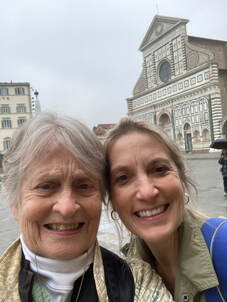
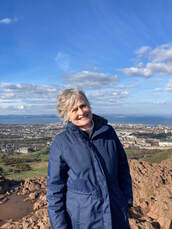




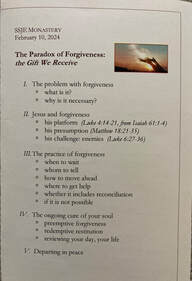
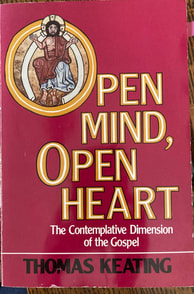


 RSS Feed
RSS Feed